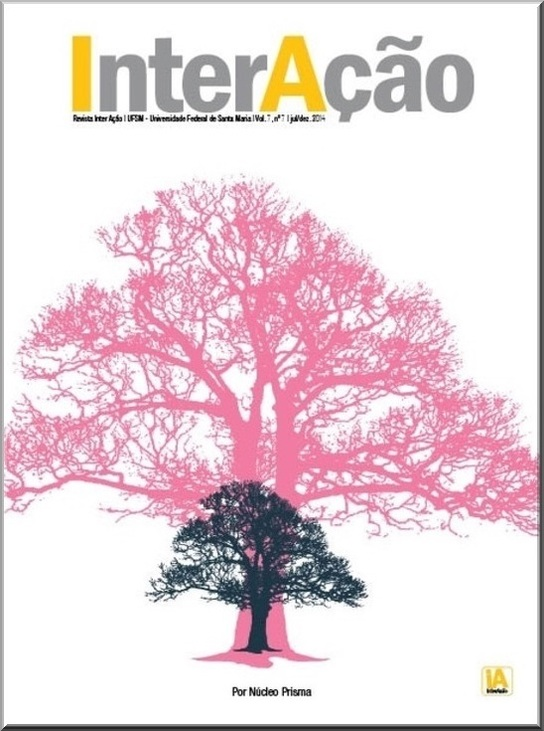O genocídio e o fim das Teorias das Relações Internacionais
DOI:
https://doi.org/10.5902/2357797516496Keywords:
Genocide. International Relations Theory. International Relations EpistemologyAbstract
Genocide is one of the most heinous crimes against humanity, but the understanding of the phenomenon, as well as the field of study about this object, are still very restricted, which makes it difficult to present and eradicate the issue. This article argues, then, that the discipline of International Relations has a significant contribution to give to Genocide Studies. The concept of genocide, therefore, is introduced to the debate about the “end of theory” in International Relations, questioning if this object could be most adequately studied through general Theories or through middle range theories originated from testing hypotheses. The conclusion of this work, achieved through substantive, normative and methodological arguments, is that, given the present stage of research on genocide, it is more interesting to carry out investigations using general Theories, so that, among others, variables, indicators, and values necessary for hypotheses testing can be revealed.Downloads
References
ARENDT, Hannah. Eichmann em Jerusalém: um relato sobre a banalidade do mal. São Paulo: Companhia das Letras, 1999.
__________. A condição humana. 11ª ed. revista. Rio de Janeiro: Forense, 2010.
BELLAMY, Alex J. “Military intervention”. In: BLOXAM, D.; MOSES, A. The Oxford handbook of genocide studies. Oxford: Oxford University Press, 2010. pp. 597-616.
BENNET, Andrew. “The mother of all isms: causal mechanisms and structured pluralism in International Relations theory”. In: European Journal of International Relations, v. 19, n. 459, 2013.
DUNNE, Tim; HANSEN, Lene; WIGHT, Colin. “The end of International Relations theory?” In: European Journal of International Relations, v. 19, 2013, p. 405.
EPSTEIN, Charlotte. “Constructivism or the eternal return of universals in International Relations”. In: European Journal of International Relations, v. 19, 2013, p. 499.
EVANS, Graham; NEWNHAM, Jeffrey. Dictionary of International Relations. Londres: Penguin Books, 1998.
HUTTENBACH, Henry R. “Note from the editor: no comparing, no thinking – the unavoidable future of studying genocide”. In: Journal of Genocide Studies, v. 2, n. 3, 2000, pp. 2-3.
JONES, Adam. Genocide: a comprehensive introduction. Londres e Nova York: Routledge, 2006.
LAFER, Celso. A ruptura totalitária e a reconstrução dos direitos humanos: um diálogo com Hannah Arendt. São Paulo, 1988.
LAKE, David. “Why “isms” are evil: theory, epistemology, and academic sects as impediments to understanding and progress”. In: International Studies Quarterly, v. 55, 2011, pp. 465-480.
MEARSHEIMER, John; WALT, Stephen. “Leaving theory behind: why simplistic hypothesis testing is bad for International Relations”. In: European Journal of International Relations, v. 19, 2013, p. 427.
MIDLARSKY, Manus I. “The demographics of genocide: refugees and territorial loss in the mass murder of European Jewry”. In: Journal of Peace Research, v. 42, n. 4, 2005, pp. 375-391.
NAU, Henry R. No alternative to “isms”. In: International Studies Quarterly, v. 55, 2011, p. 287-291.







